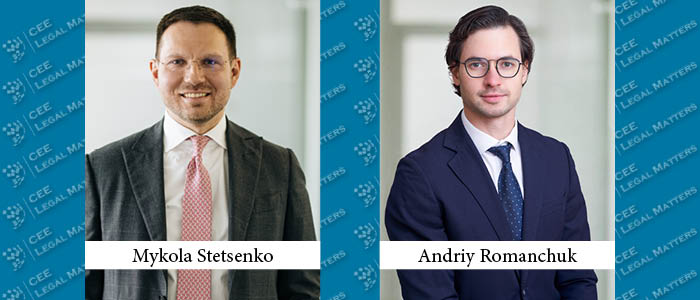Since the onset of the Russian invasion in 2014, and particularly since the full-scale invasion that began on February 24, 2022, Ukraine has found itself in the epicenter of a new and challenging reality. This ongoing conflict has sparked a remarkable surge in Ukraine’s defense technology sector.
Long before the full-scale invasion, Ukraine boasted a large number of high-quality IT specialists and engineers, many of whom mobilized to contribute to the defense of their homeland. And the defense sector naturally became one of the most strategically important sectors for Ukraine.
Notable Successes and Government Support
Ukraine witnessed notable successes in the use of technology in an effort to defend itself, including the development and use of unmanned aerial vehicles (drones), powerful software platforms to coordinate actions of different units on the battlefield, as well as in cybersecurity to counter Russian cyberattacks. Ukraine saw a steep increase in start-ups developing various defense systems and established companies pivoting to military or dual-use products. The Ukrainian government launched several initiatives to support these companies. One such initiative is Brave1 which supports Ukrainian defense tech start-ups, including through an initial financial grant. Moreover, defense tech products developed in Ukraine can be immediately tested on the battlefield and, later, improved upon based on the results.
Key Obstacles for Defense Tech Companies
Despite the support from the government and technical talent, Ukrainian defense tech companies still face numerous hurdles when scaling production and building sustainable businesses. One such hurdle includes difficulties in raising private capital from investors, especially foreign ones. Many VC and private equity funds still consider the defense tech sector too sensitive to invest in. For many funds, there are various restrictions concerning defense tech sectors agreed upon with their limited partners. Additionally, many international investors are still wary of investing in Ukraine due to several Ukrainian regulatory challenges. In particular, Ukrainian dual-use and defense tech companies are usually subject to export control and currency control restrictions (in the past, Ukraine had significantly improved its regulation in several areas, including currency control and corporate law, and this trend is expected to continue). Already, there are glimpses of gradual change in this respect. In particular, several fund managers are raising new funds or relaxing their strict requirements in relation to the defense and dual-use sectors. There is an expectation that a new cohort of investors will arise who will lead by example and provide the much-needed capital and resources for scaling such tech companies in Ukraine.
Looking Ahead: Potential Shifts and Preparation
Naturally, Ukrainian defense tech companies prioritize their products’ effectiveness and their companies’ survivability even in lieu of investments. However, until international investors become more open to investing in the defense sector, the founders should also keep their companies’ general economic and legal fundamentals in order. This will ensure that once the investing window fully opens, Ukrainian companies will be ready.
In particular, defense tech companies should focus on properly incorporating their business. There should always be a single main company within the group (if there are multiple companies) where all the co-founders and shareholders hold equity. Co-founders’ partnerships should be properly documented in a founders’ agreement and the company’s constitutional documents. Such a company will either accept future financing from investors or, should investors insist on incorporating a holding company in a different jurisdiction, it may be easily transferred as a subsidiary to such a new holding company. Founders should properly formalize their IP. Key IP should always be owned by the group (either the holding company or any subsidiaries). The same goes for any other assets of the business. The rule of thumb is that everything that gives value to the business should be owned under the common umbrella with the holding company at the top. Companies should also focus on compliance with the relevant regulatory requirements. Investors will pay close attention to whether the business may legally ship its products as there are several restrictions with respect to dual-use and military products in many jurisdictions. Key personnel should also be appropriately employed by the relevant company within the business so that investors may have greater confidence that key team members will stay with the business following the investment round.
Hopeful Future
As Ukraine moves forward, the defense tech sector will undoubtedly contribute to a hopeful future. With a wealth of technical talent, continued governmental assistance, and a potential future influx of investment, the Ukrainian tech sector can continue to drive innovation and enhance national security.
By Mykola Stetsenko, Managing Partner, and Andriy Romanchuk, Counsel, Avellum
This article was originally published in Issue 10.7 of the CEE Legal Matters Magazine. If you would like to receive a hard copy of the magazine, you can subscribe here.













